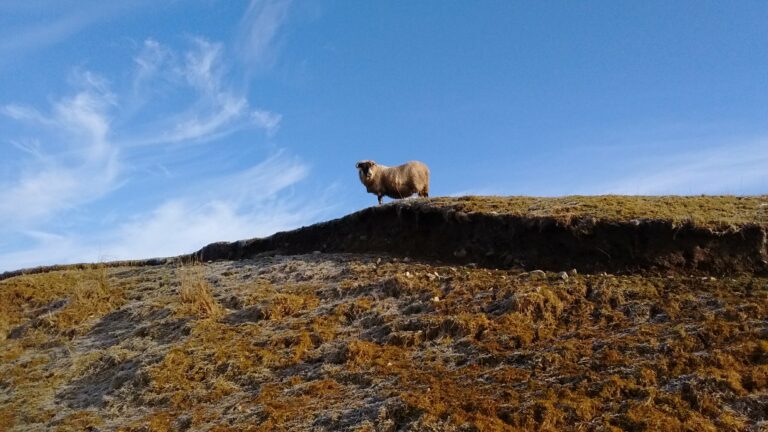A new £5m research project led by Scotland’s Rural College (SRUC) and involving nine countries – from Scandinavia to the Middle East – is aiming to revolutionise the use of precision technology in sheep and goat farming.
Led by TechCare, the project will be the biggest study of its kind for small ruminants and will focus on improving management of welfare as well as performance.
The four-year project, which has received funding from the European Union’s Horizon 2020 research and innovation programme, will assess the usefulness of different Precision Livestock Farming (PLF) approaches for sheep and goat welfare management by, as a first step, running workshops and discussion groups with members of the industry. This will include farmers, transporters and abattoirs, as well as consumers and welfare associations.
Animal welfare experts and economists from SRUC will also be involved in the project.
A selection of innovative technologies, which could include wearable sensors and virtual fencing, will be tested on demonstration farms in Scotland – including SRUC’s Hill and Mountain Research Centre near Loch Lomond – and in other partner countries before being deployed on commercial farms, to ultimately create welfare alerting systems for sheep and goat farmers.
Dr Claire Morgan-Davies, who is leading the project, said: “Many of the challenges to the welfare of sheep and goats in Scotland and Europe – including a lack of supervision, provision of feed, risk of predation, and long-distance transport to slaughter – arise from the constraints imposed by the harsh climatic and geographic conditions in which they are often reared.
“However, a PLF approach could help to improve welfare management and so mitigate the impact of these welfare risks for the benefit of sheep and goat farmers around the world.”
The first workshops in the project are scheduled to take place this winter.


